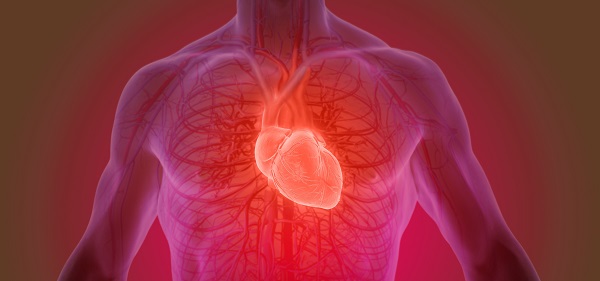Sleep disorder (SD), especially sleep apnea, and its effect on atrial fibrillation (AF) are gathering attention. However, other SDs may also play an essential role in AF. The aim of the study is to investigate the effects of other SDs on the risk of atrial fibrillation development.
This study investigated the risk of AF in people diagnosed with SD compared with that in age and sex-matched unaffected individuals. This longitudinal, nationwide, population-based cohort study was conducted using data from the Taiwan National Health Insurance Research Database (NHIRD) of individuals diagnosed with SD from January 1, 2001, to December 31, 2012.
The sample consisted of 193,288 people with the SD, which include of 4406 people with sleep apnea, 73,704 people with insomnia, 107,395 people with sleep disturbance, 7,783 people with other SD, and 193,288 matched controls. A Cox proportional hazard regression was used to compute the risk of AF in people with SD and subgroup of SD, relative to that in people without SD. The AF incidences were 1.21-fold higher (95% CI 1.15-1.27) in the SD cohort, 1.19-fold higher (95% CI 0.91-1.56) in the sleep apnea cohort, 1.26-fold higher (95% CI 1.19-1.34) in the insomnia cohort, 1.15-fold higher (95% CI 1.08-1.22) in the sleep disturbance cohort, and 1.30-fold higher (95% CI 1.11-1.53) in other SDs, than in the control cohort, after age, sex, and comorbidities were adjusted.
This nationwide population-based cohort study indicates a strong relationship between SD and incident AF, and insomnia has a higher impact on AF compared with other SD.
Copyright © 2022. Published by Elsevier B.V.

